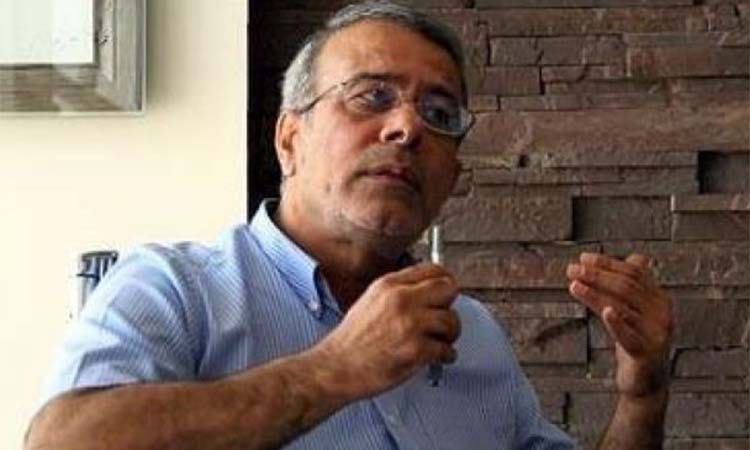CHRI – Passing legislation to restrict the rights of religious minorities in Iran would violate their rights as equal citizens, a prominent reformist former legislator told the Center for Human Rights in Iran.
 Mohammad Kianoush-Rad, who represented the people of Ahvaz in Khuzestan Province in the 2000-04 parliamentary session, was commenting on the ongoing attempt by Iran’s Shia Guardian Council to ban religious minorities from running in local elections with Muslim-majority constituencies.
Mohammad Kianoush-Rad, who represented the people of Ahvaz in Khuzestan Province in the 2000-04 parliamentary session, was commenting on the ongoing attempt by Iran’s Shia Guardian Council to ban religious minorities from running in local elections with Muslim-majority constituencies.
The Guardian Council is a body of six clerics and six jurists that vets laws and elections for conformity with Islamic principles.
“The spirit of the Constitution respects the people’s right to self-determination, so naturally any move toward creating a sort of religious monopoly would be against the Constitution,” said Kianoush-Rad, currently a central committee member of the Islamic Union Party of Iran.
For months, Iranian state officials have been debating the validity of the Law on the Formation, Duties, and Election of National Islamic Councils, which permits followers of all religions recognized in Articles 12 and 13 of the Constitution—Islam, Judaism, Christianity, and Zoroastrianism—to run as candidates in elections.
The dispute broke out in September 2017, following a ruling by the Administrative Court in Yazd suspending Sepanta Niknam, who was re-elected to the local city council in May 2017.
The ruling was in favor of Ali Asghar Bagheri, a Muslim candidate, who lodged a complaint after failing to receive enough votes to win a seat on the council.
The court based its decision on the April 2017 declaration by Ayatollah Ahmad Jannati, the ultra-conservative chairman of the Guardian Council, banning non-Muslims from representing Muslim-majority constituencies.
Now Iran’s Parliament is considering revising the law to prohibit followers of state-recognized minority religions to stand as candidates in constituencies where the majority of voters are Muslim.
According to Mohammad Javad Koulivand, chairman of the Parliamentary Committee for Councils and Domestic Affairs, one of the proposed changes to the law aims to allocate a permanent council seat to religious minorities in constituencies where they have a significant population.
“We have mechanisms in place to deal with such situations,” Kianoush-Rad told CHRI. “Some disputes can be resolved when the supreme leader refers them to the Expediency Discernment Council (EDC) or when he directly informs the Guardian Council of his view.”
Article 112 of Iran’s Constitution grants the EDC the authority to resolve disputes when the Guardian Council and Parliament cannot agree on a piece of legislation.
“This will be an important test for the state,” said the reformist politician. “Mr. Niknam is just one person who may not make a big difference in a city’s municipal affairs. But his case is very important for citizens’ rights.”
“If disputes over the law ended with the Guardian Council’s decisions, there would be no need for the EDC’s existence,” Kianoush-Rad continued. “The interests of the state are more important than the Guardian Council’s opinion.”
“Sometimes members of the council believe something is against Islamic law, but they could be overruled by the EDC,” he added.
 Shabtabnews In this dark night, I have lost my way – Arise from a corner, oh you the star of guidance.
Shabtabnews In this dark night, I have lost my way – Arise from a corner, oh you the star of guidance.


